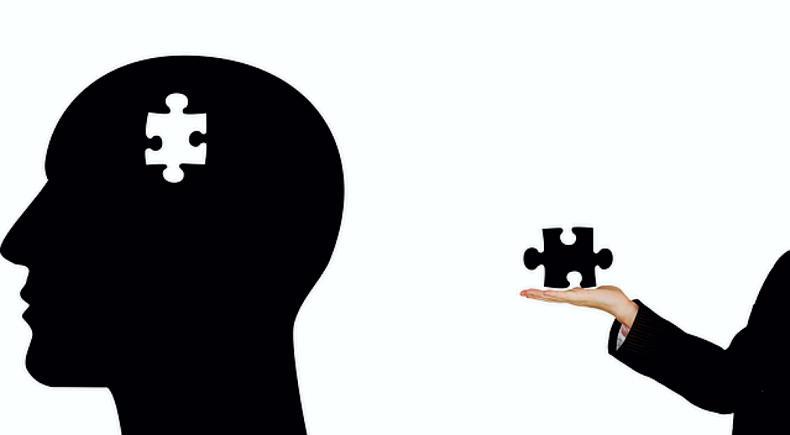CONNECT
Evidence show that good relationships with family, friends, colleagues and the wider community are important for mental wellbeing.
Many of us, would like to spend more time with the people who are most important to us, but sometimes life just gets in the way of that. We must make time to connect with the people that matter to us. By nurturing these relationships we feel happier and more secure, giving a better sense of purpose.
“The most important things in life are the connections you make with others” (Henry Ford)
BE ACTIVE
Being active is great for physical and mental wellbeing. Evidence proves there is a link between both.
Mental wellbeing means feeling good about yourself and the world around you, and having the ability to get on with life.
Being active doesn’t mean you need to train for a marathon. You need to find physical activity that you enjoy and can fit into your daily/ weekly routine. This may be a daily walk to the shops instead of taking the car, a weekly gardening session, some yoga, swimming or a weekend walk.
Join a local walking or sports group/club and make new connections while keeping active. There are many fitness apps available, with programmes for all abilities and activities.
“Being active for one hour is just 4% of your day”
TAKE NOTICE
Paying attention to the present moment – to our own thoughts, feelings and to the world around you – can improve your mental wellbeing.
Taking notice is also called Mindfulness. It is easy to incorporate Mindfulness into your life and it can be a very powerful tool if practiced daily. Many think about wellbeing in terms of what you have; your income, car, house or job. Evidence shows that what we do and the way we think have the biggest impact on wellbeing.
Notice the sights, smells, sounds and tastes you experience, as well as your thoughts and feelings that occur from one moment to the next. It’s easy to lose touch with the way our bodies are feeling and to end up living in our heads. An important part of Mindfulness is to reconnect with our bodies and the sensations they are experiencing.
“When we become more aware of the present moment we begin to experience afresh many things in the world around us we have been taking for granted” (Professor Willem Kuyken)
KEEP LEARNING
Learning means different things to everyone. To some it will be a new qualification and to others it will be learning a new recipe.
Evidence shows that continuing to learn throughout life can help improve and maintain our mental wellbeing. Learning new things can boost your self-confidence, self-esteem, build a sense of purpose and help to connect with others.
Setting goals and working towards them plays an important part in the way learning influences wellbeing. Many forms of learning involve contact with others, which connects us to our communities and peers.
“The beautiful thing about learning is that no one can take it away from you!” (BB King)
GIVE
Most agree that giving to others is a good idea. However giving has a knock on effect by improving the givers’ mental wellbeing.
From small acts of kindness to volunteering, giving can leave you with a sense of purpose, community and connectedness.
Helping and supporting others and working with others towards a shared goal is good for our mental wellbeing. Scientists have shown that giving to others can stimulate the reward areas in the brain, helping to create positive feelings. Helping others also gives a sense of purpose and feelings of self-worth. Giving comes in many forms… here are a few ideas:
“We make a living by what we get, we make a life by what we give” (Winston Churchill)


 This is a subscriber-only article
This is a subscriber-only article
 It looks like you're browsing in private mode
It looks like you're browsing in private mode









SHARING OPTIONS: